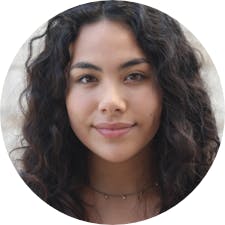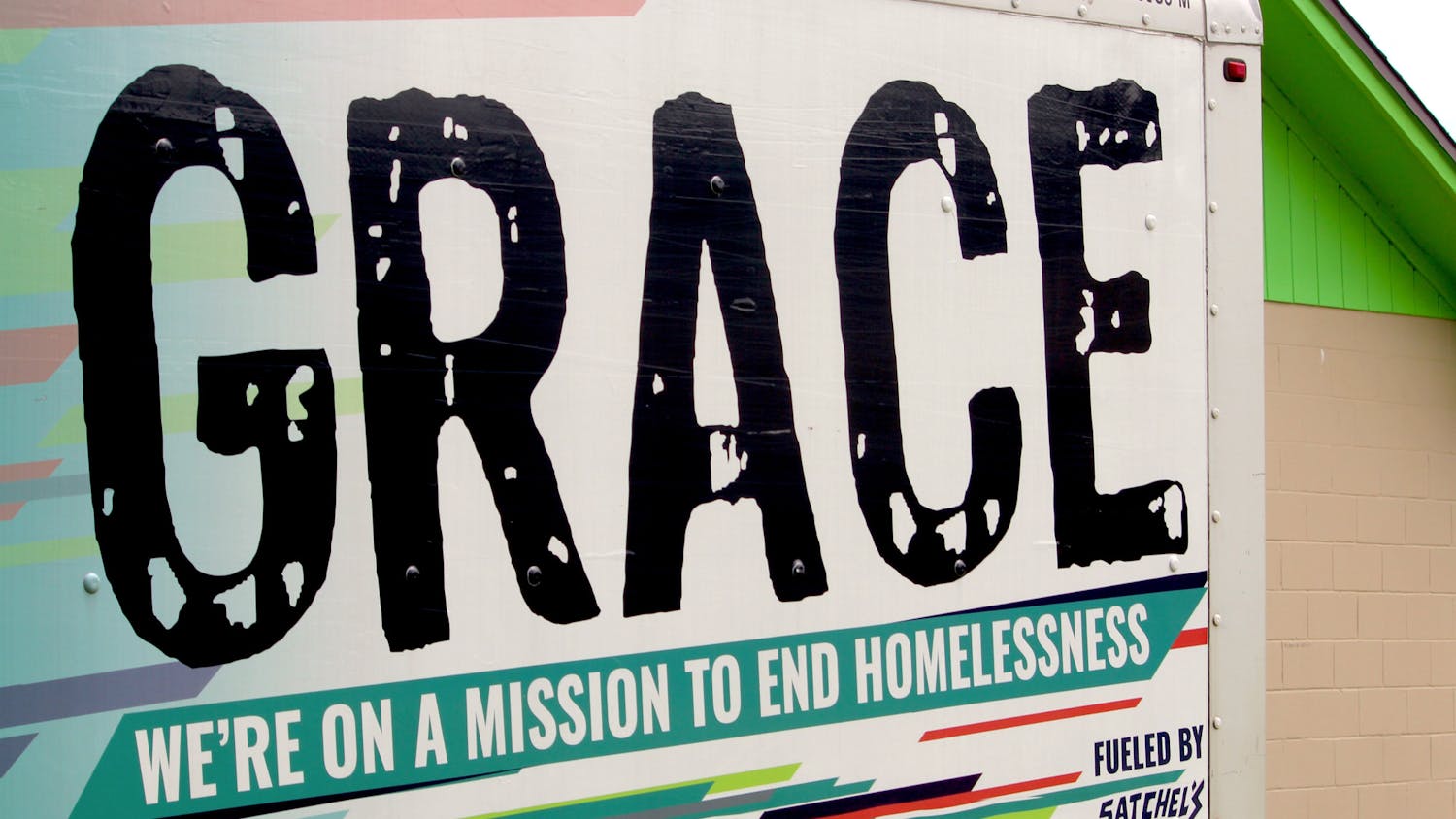Gainesville Herbal Aid is partnering with GRACE Grows to bring herbal education and medicine to the local homeless community.
As of March 4, Gainesville Herbal Aid met their goal of $1,000 to kickstart the collaboration, which will add a tea station and herb garden to GRACE Marketplace.
GRACE Marketplace, a resource center for homeless people in Gainesville, originally started GRACE Grows as a volunteer project in 2016.
President and founder of GRACE Grows, Abigail Perret-Gentil, 35, said the project is community-driven and strives to “empower people who experience homelessness or food insecurity through horticulture.”
“We've got a garden at GRACE Marketplace where people can reserve their own space,” she said. “But then we also have group managed areas where we can grow a larger amount of food that goes to the gardeners, it goes to the shelter kitchen, or it goes to people who've been housed who also experience food insecurity.”
Herbalist and one of Gainesville Herbal Aid’s organizers, Madelyn Moyer, 36, said when the COVID-19 pandemic hit, she started brainstorming ways to make herbal medicines more accessible to the community.
“All of us, especially in those first few months of the pandemic, were really struggling with how to support ourselves and our families and our communities,” Moyer said.
As the brainstorming process began for Moyer, she connected with herbalist and organizer of Gainesville Herbal Aid, LeAnn Averell, 36, to begin their project.
Moyer and Averell said when the Black Lives Matter protests took place this summer, they distributed herbal medicines to people on the front lines of the movement.
“Some of the first stuff we did was just giving herbal aid to activists, specifically the Dream Defenders, showing up at some memorials and protests that were happening,” Averell said. “And then it just kind of expanded from there, to working with Free Grocery Store and providing herbal support for those interested that were already getting home care packages.”
According to Averell, herbal medicines are best for providing vitamins, minerals and nutrients; supporting the immune system; and supporting the body’s physical, emotional and spiritual health.
“We focus more on the safer, more food-medicine herbs,” she said. “It's safer, and it's easier for people to connect with things like doing fire cider, which is basically herbs that have sat in vinegar for an extended period of time, where the vinegar then takes on the medicinal properties of those herbs.”
Averell said homeless people may have previous knowledge about these herbal aids. In addition to a tea station and herb garden, they are looking to initiate community conversations about this knowledge residents have.
“Honestly, a lot of houseless folks know a lot about herbal medicine because they're living on the road, and they're talking to each other,” Averell said. “And they're sharing these and this is how these things have been passed over from time to time.”
Joseph Scott, 60, experiences long-term homlessness and has stayed at GRACE Marketplace since about the time it opened in 2014, according to Perret-Gentil.

Scott volunteers in the garden and said he learned his gardening skills from the classes offered at GRACE. He added that he is looking forward to learning more from Gainesville Herbal Aid’s workshops.
“Whenever they bring seeds here, it’s like they give us another plot to put in [the garden],” he said. “It's very fun to get out there and to see things grow, you know, fruits, vegetables and things. It's awesome.”
Scott said he even takes some of the plants he grew and uses them in the kitchen, which he also volunteers in.
“We use those vegetables to serve in the line,” he said. “There’ll be fresh vegetables, and people be like, ‘we got collard greens today?’ Like, ‘yeah, they came from the garden.’”
After years of residing at GRACE, Scott will move into a new apartment next week, where he hopes to continue gardening and coming back to GRACE to attend the workshops.
“I'm going to start concentrating on that, and I’m going to start rearranging my garden at my apartment,” he said. “And I’m going to see if I could bring some seeds from here and plant a little garden, like a flower garden.”
As these projects begin over the next few months, Moyer said their main goal is to provide a positive resource to homeless people and establish relationships with other herbalists, people of the homeless community or staff members at GRACE Marketplace.
“The way we've been moving, it has been slow and about relationship building and not wanting to come in and be like, ‘we got a thing for you, this is our agenda,’” Moyer said. “I think that's gonna evolve and change as we build relationships and find out what it is that residents really want.”
Perret-Gentil said she hopes residents of GRACE Marketplace and other homeless people can have access to put their knowledge of herbal medicine to use.
“When we have people in marginalized populations and experiencing homelessness, a lot of those people grew up using certain herbs that they just don't have access to, and it's something that is accessible,” she said. “Having medicinals like aloe, people who are experiencing homelessness have sunburns all the time, because they're always in the sun.”
She added that she hopes the Gainesville Herbal Aid project will give homeless people “autonomy over something,” which will give outsiders a different view of poverty.
“A lot of times we take kind of this paternalistic view of poverty, and we treat people like they deserve the bare minimum, or that we have to tell them what's right for them,” she said. “But I feel like this project really speaks to flipping that narrative for people and saying, ‘you know, this is your space, and you have something to offer.’”
Averell said there’s still so many ways and needs to address, and because of their current size, they need more support to keep growing with their vision.
“Our intention from the beginning was to be a collective of like-minded herbalists who just want to get herbal medicine to people, but because of COVID it's been challenging. I think it's a really ripe time and people are really hungry to learn about herbal medicine for obvious reasons, and not so obvious reasons.”
Gainesville Herbal Aid will host a meet and greet March 20 at 11 a.m., where Averell said they will be addressing any questions and opening the group up to the community. More information can be found on Gainesville Herbal Aid’s Instagram.
Contact Kristin Bausch at kbausch@alligator.org. Follow her on Twitter at @BauschKristin.

Kristin Bausch is a third-year journalism major at the University of Florida and a staff writer with the Avenue. Giving people an opportunity to share their story is one of her favorite things about writing. When not writing, she’s probably dancing.


![<p>Joseph Scott, 60, stands next to his personal garden at GRACE Marketplace. [Photo courtesy to the Alligator]</p>](https://snworksceo.imgix.net/ufa/39196edc-14c8-4652-9479-b2297238c68b.sized-1000x1000.jpeg?w=1000)



